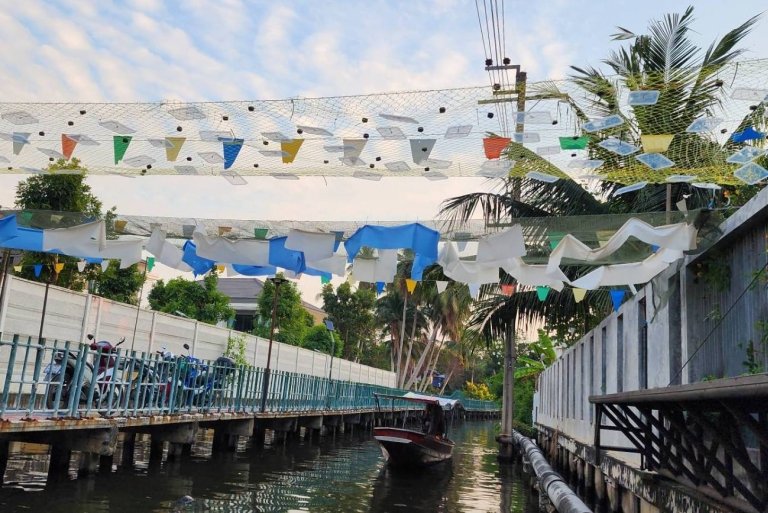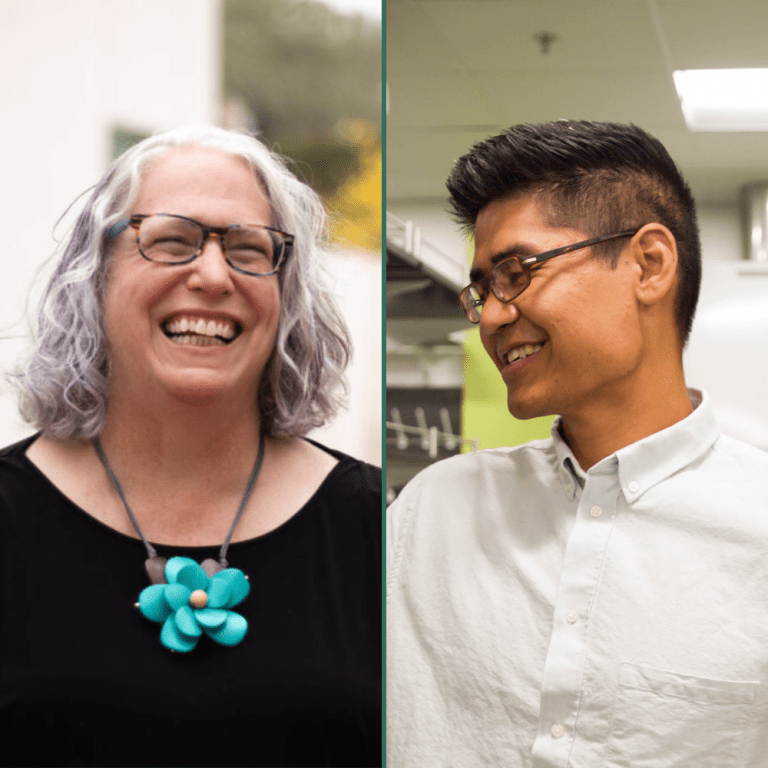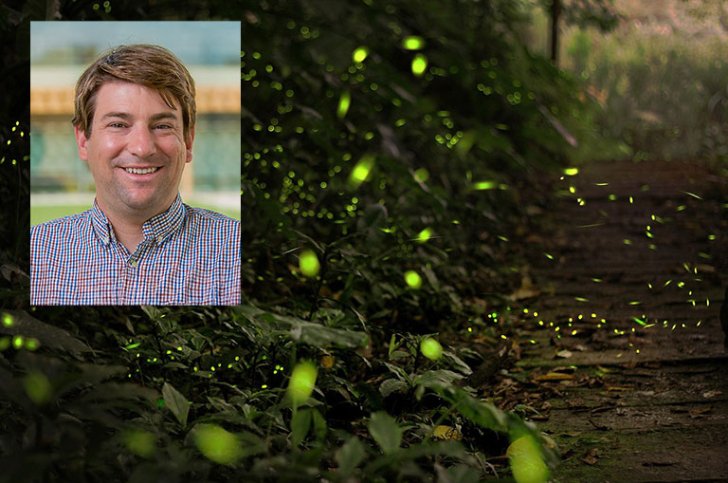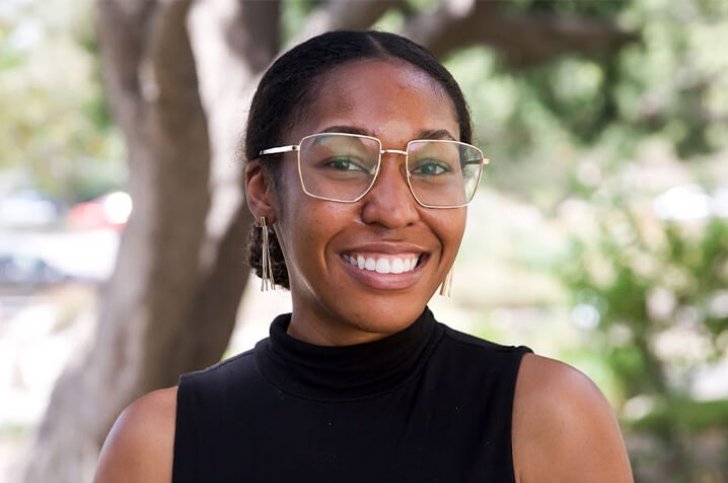Faculty Awarded $446,000 NSF Grant for Student Research
The grant will support teams of Pitzer-Scripps student researchers in summer research about Bangkok's canal system

A three-year $446,000 grant from the National Science Foundation has been awarded to Professors Katie Purvis-Roberts and Pete Chandrangsu to lead 18 student researchers in their intercontinental project, “Canal, Chemistry & Community: Understanding Chemical & Microbiological Water Quality & Biodiversity.”
“This project provides our students with a truly transformative experience,” said Chandrangsu, associate professor of biology. “At the Department of Natural Sciences of Pitzer and Scripps Colleges, we emphasize hands-on learning and close mentorship, and this project lets students apply their knowledge of chemistry, ecology, and engineering to address public health questions with real-world consequences.”
The grant will support summer research experiences in Bangkok, Thailand, with students spending up to 10 weeks exploring the chemical and microbiological water quality and biodiversity of Bangkok’s canal system.

A professor of chemistry and environmental science, Purvis-Roberts said the grant will enable their student researchers to build on a partnership that started with her meeting Professor Kanjanee Budthimedhee five years ago.
A member of the faculty at King Mongkut’s University of Technology Thonburi (KMUTT), a national public engineering and technology university in Thailand, Budthimedhee was already doing research in a semi-rural community of Bangkok. It was Purvis-Robert’s connection to her that sparked the idea for a globally collaborative project focused on water quality and biodiversity.
“[Budthimedhee’s] goal was to understand the needs of people living in the Bang Mod area, then use her urban design background to help them gain better access to transportation and develop economic growth in the area,” said Purvis-Roberts. “She knew that understanding air and water quality in the area was important, so we started a collaboration.”
Since then, Purvis-Roberts has partnered with Budthimedhee to bring Claremont students into this work. The new NSF grant will allow the Pitzer–Scripps and KMUTT team to significantly expand that work.
“In addition to understanding water temperature, salinity, total dissolved solids, and chemistry, we will probe the diversity of the microbiome and the plants and insects along the canal, which will greatly expand the water quality knowledge in the area,” explained Purvis-Roberts.
In Bangkok, students will use innovative, low-cost continuous monitors and paper sensors—many of their own design and build—with DNA analysis to investigate microbial communities. They will also study the biodiversity of plants, animals, and invertebrates that live along the canal system.
Chandrangsu added that the process of applying for the NSF grant has sharpened their vision for the project: “Writing the proposal pushed us to think deeply about how to design a program that is scientifically rigorous, culturally respectful, and educationally rich for our students.”
News Information
Published
Organization
- Department of Natural Sciences

